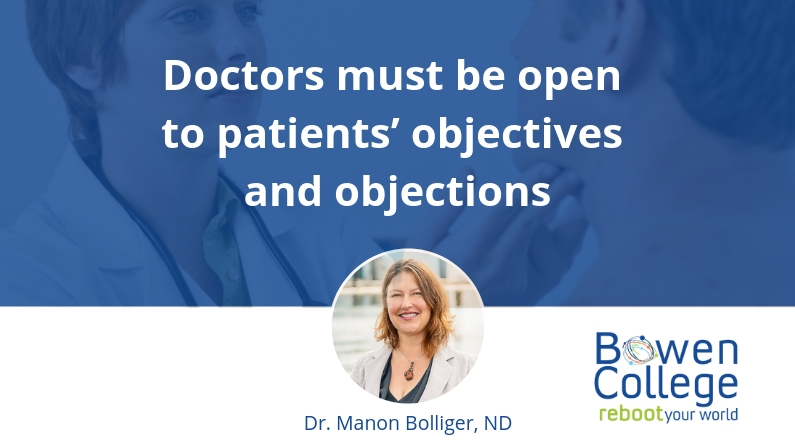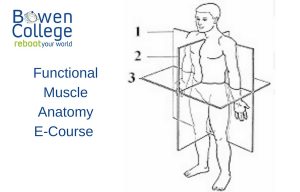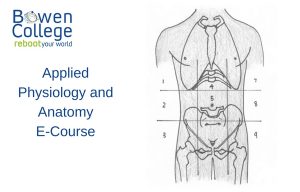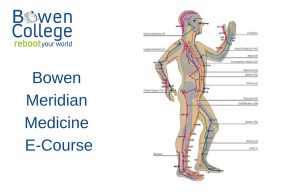In recent posts I’ve established that patients have their objectives or agendas in their illness, which is revealed in the meaning they attach to symptoms, uncovered in their descriptions. In light of the objectives and objections of the patient, what is the role of the doctor?
Do doctors see MS as the problem for which they need a solution? Or, do we need a broader perspective in our interview process and patient relations, which clarifies the merits of patient objectives? This two-way tango is a dance of systems of belief and consciousness. How can we address a “disease” without addressing the person who manifests it?
The same applies to patient “objections.” Too often doctors lack openness to observable phenomena because it lies outside the experience of their accustomed, limited medical scope. This is probably the biggest disconnect in medicine today. Through the internet, people share the everyday miracles they experience and it is important to work with that reality and not against it.
When doctors allow the biases of professional experience to close off hearing their patients, they sacrifice a valuable venue for the recovery of health. Perhaps a valuable tool for avoiding this fruitless dead-end would be for doctors to better understand these objectives and objections from the patient’s perspective. We’ll examine that in my next post.









